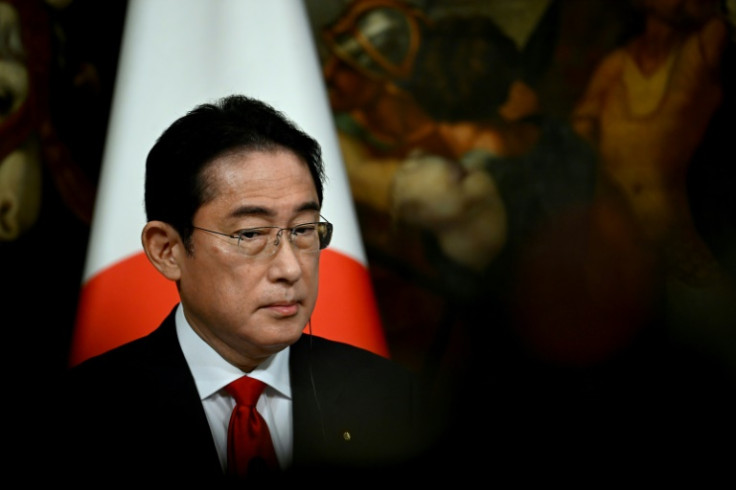Japan's ruling party faces severe criticism over clearing student debt for having babies
Japan is the world's third most expensive country to raise a child

Japan's ruling party faced severe criticism from the opposition lawmakers and general public this week after reports stated that it was considering a plan to clear student debt for those who have a child.
This comes shortly after Japanese President Fumio Kishida addressed the issue of population crisis in Japan. He addressed it as a major concern that needs to be addressed "now or never."
Kishida had prioritised boosting birth rates, including pledging more spending on childcare and planning a new agency dedicated to children and families.
"In thinking of the sustainability and inclusiveness of our nation's economy and society, we place child-rearing support as our most important policy," the prime minister said while addressing the parliament on Monday.
On Thursday, a panel of the Liberal Democratic Party which has dominated Japanese politics since World War II, stated that they might include the suggestion in a broader proposal aimed at reducing the financial burden incurred for the purpose of education.
The plan is being made by the LDP's research commission for education rebuilding, according to reports by Jiji Press.
The LDP's education commission, which makes recommendations to the government, has suggested a reduction in student loan payments or a full exemption for those who have a child. The commission also stated that officials may issue special education bonds to fund the policy.
This proposal aimed at forgiving student debt was initiated as one of the efforts at reversing the downward trends by reducing financial liabilities and encouraging more youngsters to start a family.
Japan, which is the world's third-largest economy in the world, has struggled to address a declining birth rate for years. It is also the world's third most expensive country to raise a child after China and South Korea.
Backlash from the opposition party
But, politicians from the opposition party and many others took to social media and called out the proposal for being discriminatory against those who don't or can't have children.
Ichiro Ozawa, a senior politician in the Constitutional Democratic Party of Japan, took to twitter to express his dissatisfaction regarding the policy.
"You've got to be kidding me," he wrote, while labelling the policy insidious.
According to Bloomberg, Taku Yamazoe, a lawmaker from the Japanese Communist Party, called the plan "insane," and instead urged for a reduction in tuition fees.
Meanwhile, Masahiko Shibayama, the head of the research commission, defended the proposal.
In response to a critical comment on Twitter, he said there was a "misunderstanding" about the plan, which will apply to both genders. He said there have been no objections to the proposal so far.
Declining birth rate in Japan a major concern
The youngsters in Japan are choosing to marry late, while many are also considering not having children, causing a decline in Japan's birthrate.
According to the figures released by the Ministry of Health earlier this week, Japan's births for 2022 was at a record-low for the first time since the country began keeping records in 1899. The country recorded fewer than 800,000 births in 2022, which is 5.1 percent down from the year before. Meanwhile, the number of deaths in the country rose 8.9 percent to 1.58 million for the same period.
The current birth rate in Japan is 1.34 per woman, which is well below the 2.07 needed to keep the population stable. This declining trend shows that there's a possibility that Japan's population could drop from 125 million to 88 million by 2065.
According to experts, there are several factors responsible for Japan's declining birth rate which makes it difficult to raise children. Some of them include high cost of living, limited availability of space, and lack of proper child care support in cities.
© Copyright IBTimes 2025. All rights reserved.





















